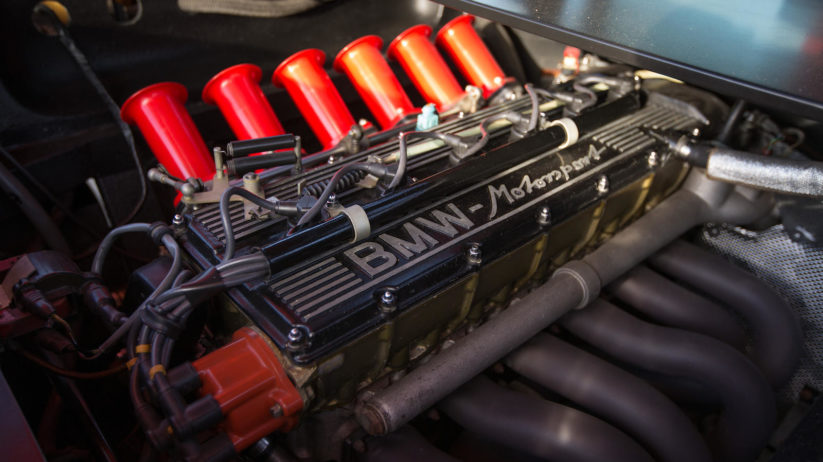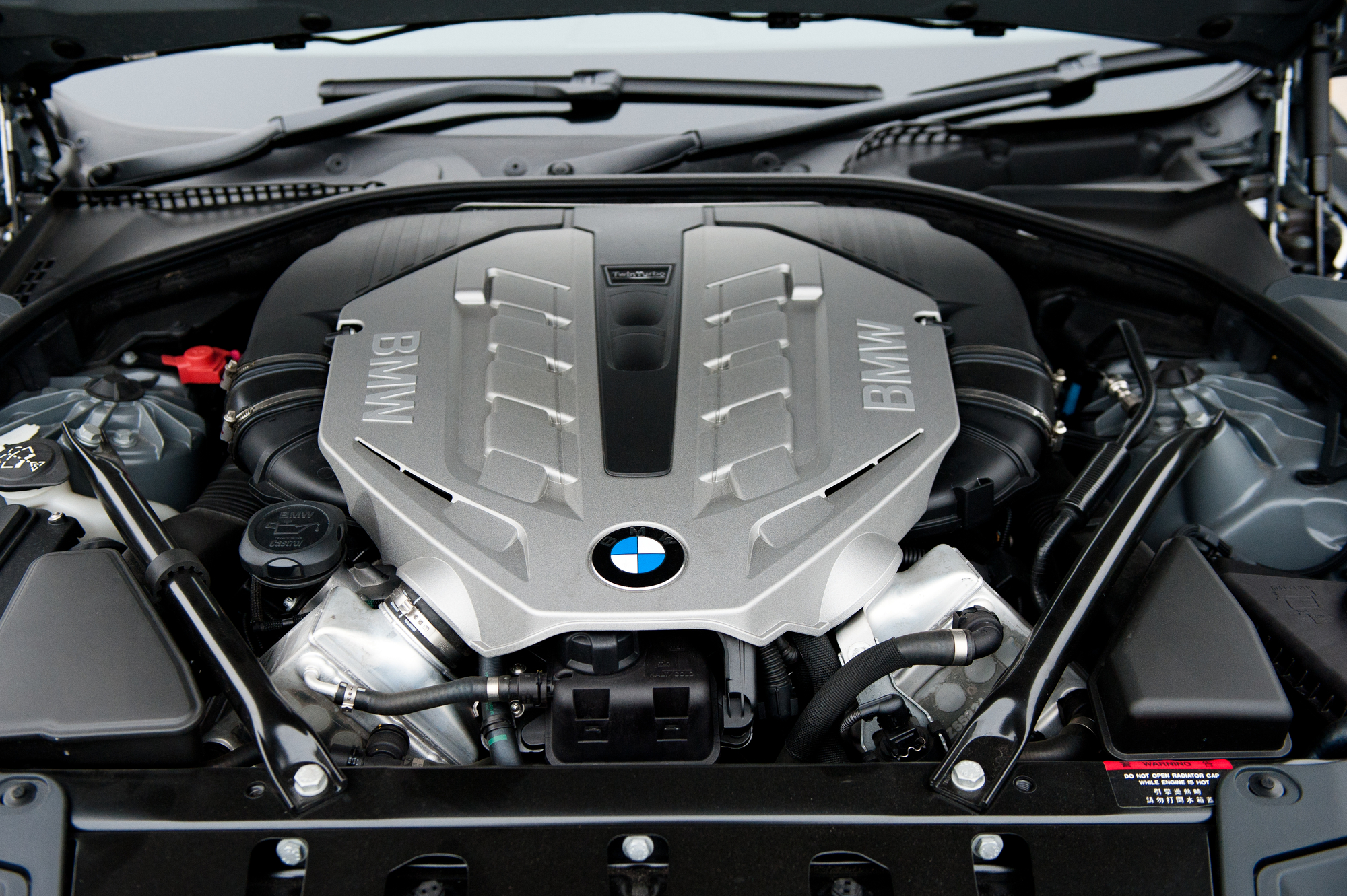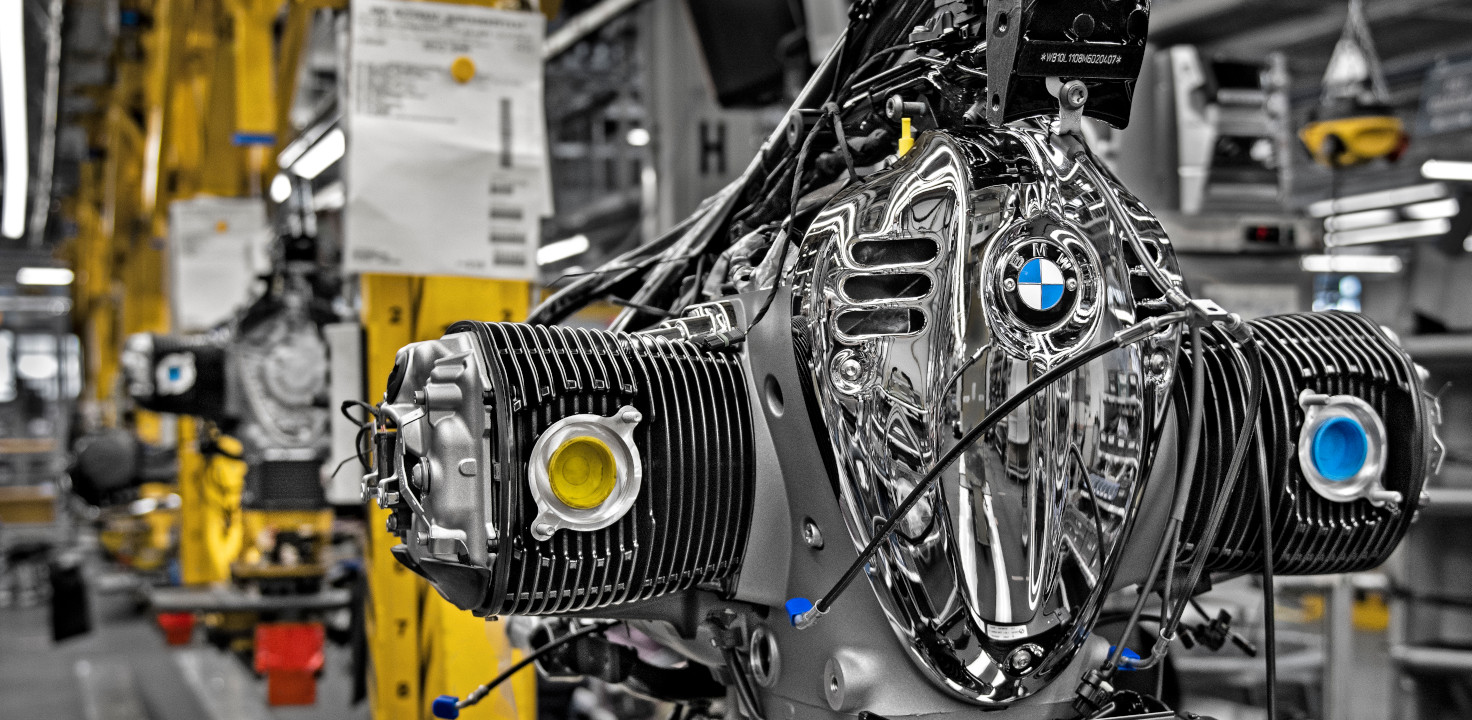Unveiling the Keys Behind the Power of the BMW Engine
Unveiling the Keys Behind the Power of the BMW Engine
Blog Article
Unveiling the Intricacies of Next-Generation Power Units: a Deep Dive Into Advanced Engine Styles and Technologies
In the world of auto design, the relentless pursuit of performance, sustainability, and efficiency has pushed the development of power devices to unprecedented elevations. As we depend on the precipice of a brand-new period in transportation, the details of next-generation engine designs beckon us to discover the cutting-edge innovations and technologies that assure to redefine the driving experience. From innovative materials that press the boundaries of longevity and weight decrease to sophisticated turbocharging and supercharging systems that raise power outcome to brand-new degrees, each component of these power systems holds a key to opening the future of vehicle engineering. Diving deeper right into the worlds of emission control, smart engine monitoring systems, and the horizon of power device development, we find ourselves on the cusp of an improvement that guarantees to improve the landscape of movement as we recognize it.
Advancement of Engine Materials

The shift in the direction of advanced engine products has additionally made it possible for designers to design engines with greater power outputs while keeping fuel efficiency standards. The use of light-weight materials decreases the total weight of the engine, leading to improved fuel economy and lower discharges. Furthermore, developments in materials technology have enabled much better thermal monitoring within engines, leading to increased dependability and long life.
Turbocharging and Supercharging Technologies
How do Turbocharging and Supercharging Technologies change engine performance and performance in modern-day lorries? Turbocharging and supercharging are technologies that significantly boost engine efficiency by enhancing the quantity of air consumption right into the burning chamber. Turbocharging attains this by utilizing a wind turbine driven by exhaust gases to pressurize the intake air, while turbo charging makes use of a belt- or chain-driven compressor to accomplish the exact same impact.
These technologies enable smaller, a lot more fuel-efficient engines to generate power equivalent to bigger ones, known as downsizing. By compeling more air into the cylinders, supercharging and turbocharging boost burning efficiency, leading to raised horsepower and torque output without a considerable rise in engine size. This results in far better acceleration, lugging capability, and overall driving performance.
Furthermore, turbocharging and supercharging add to improved gas effectiveness by permitting the use of smaller engines that consume much less fuel under typical driving problems - bmw engine. This mix of enhanced efficiency and performance has made turbocharging and turbo charging important elements of lots of modern-day engine styles
Discharge Control and Environmental Impact
With raising international concerns concerning air high quality and environmental sustainability, the implementation of emission control technologies in cars plays a crucial function in reducing harmful toxins launched right into the atmosphere. Modern automobiles are outfitted with advanced exhaust control systems that assist minimize the environmental effect of automotive operations. Catalytic converters, as an example, are made to transform poisonous gases such as carbon monoxide gas, nitrogen oxides, and hydrocarbons right into less damaging materials like carbon dioxide and water vapor.
In addition, improvements in engine technology, such as the assimilation of exhaust gas recirculation systems and selective catalytic reduction, have significantly added to lowering discharges. These technologies work in tandem to maximize burning effectiveness and reduce the launch of hazardous pollutants into the air. Additionally, the development of hybrid and electrical lorries represents a crucial step in the direction of decreasing the total ecological footprint of the transportation industry.
Intelligent Engine Administration Solution

Furthermore, these systems allow lorries to fulfill rigid emissions requirements without jeopardizing efficiency, giving a more environmentally friendly driving experience. The assimilation of synthetic knowledge and equipment knowing capabilities in engine administration systems remains to press the limits of what is feasible, leading to more improvements in effectiveness, dependability, and overall automobile performance. bmw engine. As vehicle modern technology breakthroughs, smart engine management systems will certainly play a crucial role fit the future of transportation in the direction of an extra reliable and lasting direction
Future Trends in Power Device Advancement
As smart engine management systems lead the way for boosted control and optimization in contemporary vehicles, future fads in power system advancement are positioned to redefine the landscape of vehicle propulsion modern technologies. Among the vital trends driving technology in power unit development is the change towards electrification. With an enhancing emphasis on sustainability and reducing carbon discharges, hybrid and electrical powertrains are becoming extra widespread in the automotive market. These alternative power sources supply boosted efficiency official statement and efficiency while lining up with strict environmental guidelines.
An additional substantial trend is the integration of sophisticated materials and manufacturing strategies. Lightweight materials such as carbon fiber and aluminum are being used to lower total automobile weight, improving gas performance and efficiency. Additionally, innovations in 3D printing and additive manufacturing are enabling the production of complex engine parts with greater accuracy and longevity.
In addition, synthetic knowledge and artificial intelligence are playing a critical duty in optimizing power device performance. These technologies enable real-time surveillance and flexible control, causing more reliable and reliable power shipment. In general, future trends in power system growth are geared towards sustainability, efficiency, and efficiency, driving the auto market in the direction of a new age of propulsion technologies.

Conclusion
In final thought, the improvements in engine materials, turbocharging, exhaust control, and intelligent administration systems have actually paved the method for next-generation power units. The detailed layouts find this and advancements in modern engines showcase the ongoing development of auto innovation.
Discovering the modern advancements in engine materials has been pivotal in improving the efficiency and performance of modern engines. Over the years, the development of engine materials has actually played an essential duty in pushing the borders of what engines can attain.The change in the direction of advanced engine materials has actually likewise enabled engineers to develop engines with higher power outputs while keeping fuel effectiveness criteria.The implementation of intelligent engine management systems in contemporary lorries has actually revolutionized the means engines are managed and enhanced for efficiency and efficiency. By gathering information in real-time and examining it with innovative algorithms, intelligent engine monitoring systems can adapt to driving styles, ecological elements, and engine wellness to optimize power output while lessening fuel consumption and exhausts.
Report this page